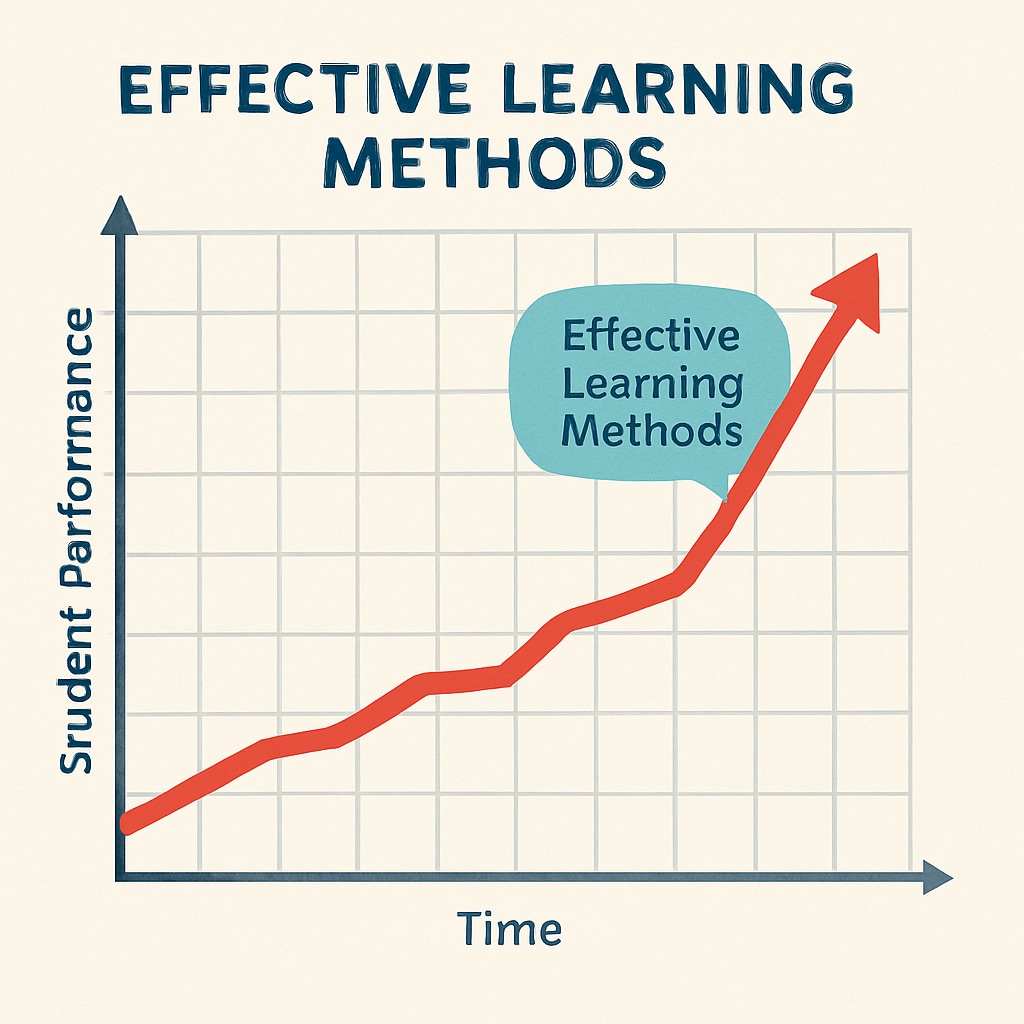Understanding the dynamics of learning has always been a cornerstone of educational progress. By leveraging research surveys, effective learning methods, and questionnaires, experts can uncover actionable insights that reshape K12 education. This transformative approach bridges the gap between academic theory and practical implementation, offering educators, parents, and policymakers the tools they need to enhance student learning outcomes.
Why Research Surveys Are Essential in Education
Research surveys offer a structured way to gather valuable data on how students learn. Unlike anecdotal evidence, surveys provide objective feedback from diverse audiences, including teachers, students, and parents. This data-driven approach enables researchers to identify patterns, challenges, and opportunities for improvement in K12 education.
For example, a study conducted by the National Center for Education Statistics (NCES) revealed the importance of personalized learning techniques in improving student engagement. Such findings are only possible through comprehensive surveys and questionnaires tailored to specific educational contexts.

Effective Learning Methods: A Bridge Between Theory and Practice
Effective learning methods are often grounded in psychological and pedagogical theories, but their real-world impact depends on practical application. Research surveys serve as the bridge by testing these theories in diverse educational environments. Methods such as active recall, spaced repetition, and collaborative learning have been widely studied but require continuous refinement based on real-world feedback.
For instance, the concept of spaced repetition—an evidence-based learning strategy—has shown significant benefits in improving long-term retention. Surveys can help educators understand how students adapt to this method and whether it aligns with their cognitive preferences.

How Questionnaires Empower Stakeholders
Questionnaires are not just tools for researchers; they empower all educational stakeholders to contribute to meaningful change. Parents can share insights about their children’s learning habits, teachers can highlight classroom challenges, and students can express their preferences and struggles. This collective input creates a holistic view of the educational landscape.
Additionally, questionnaires can be customized to address specific topics, such as digital learning tools or the impact of extracurricular activities on academic performance. The flexibility of this approach ensures that every voice is heard, making education truly inclusive and adaptive.
Benefits of Participating in Questionnaires:
- Providing feedback to improve teaching methodologies
- Identifying barriers to effective learning
- Contributing to innovative educational research
Join the Movement: Revolutionizing K12 Education
Data-driven insights gained through research surveys and questionnaires have the power to revolutionize K12 education. Whether you’re an educator seeking better tools, a parent advocating for your child, or a student eager for learning improvements, your participation matters. Together, we can unlock effective learning methods that cater to diverse needs and create a brighter future for K12 students.
Take the first step by engaging in educational surveys and questionnaires. For more information on how research can drive change, visit Britannica’s education section.
Readability guidance: This article uses short paragraphs, active voice, and accessible language to ensure clarity. Lists and examples provide easy-to-digest information, while transitions like “for example” and “in addition” enhance flow.


